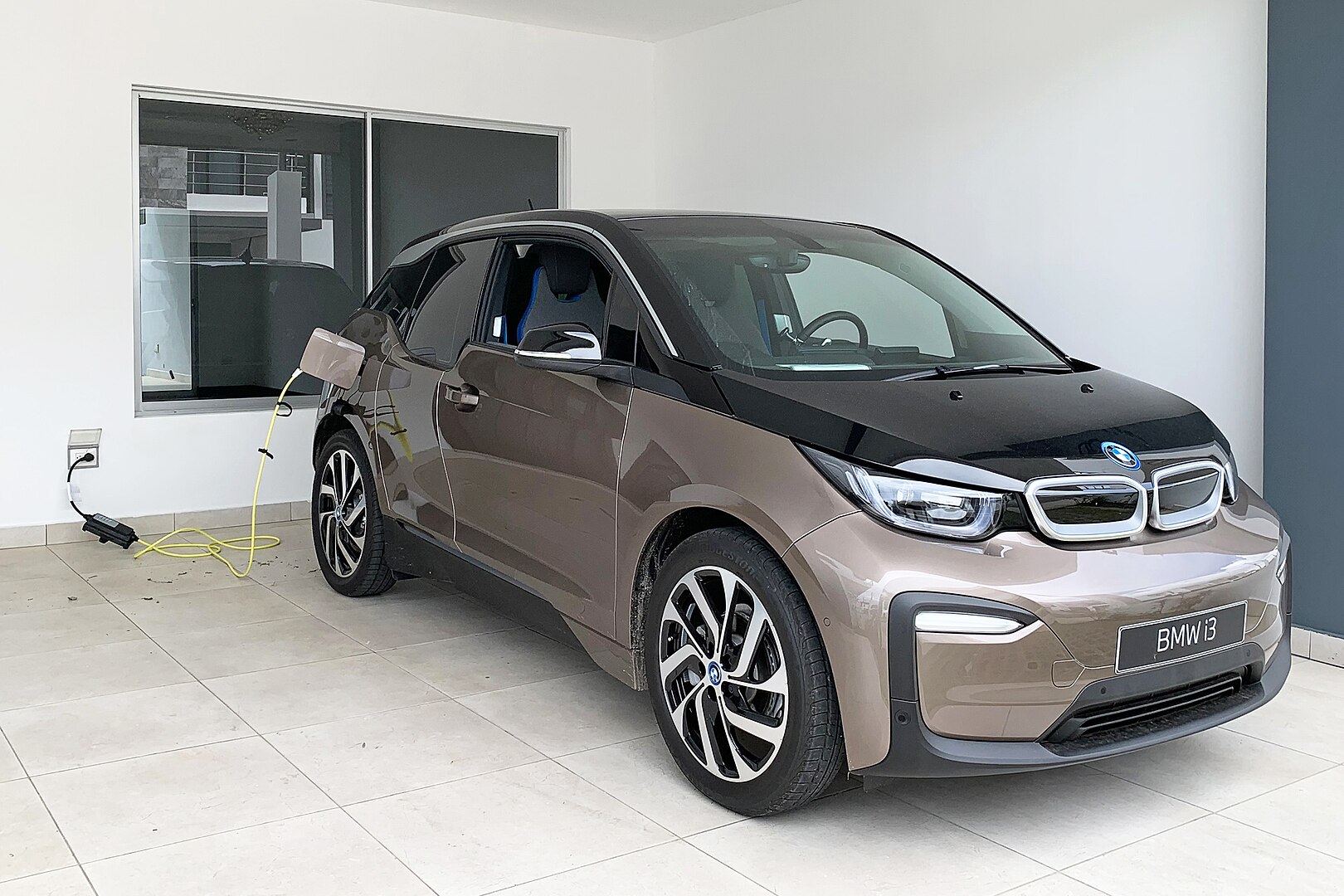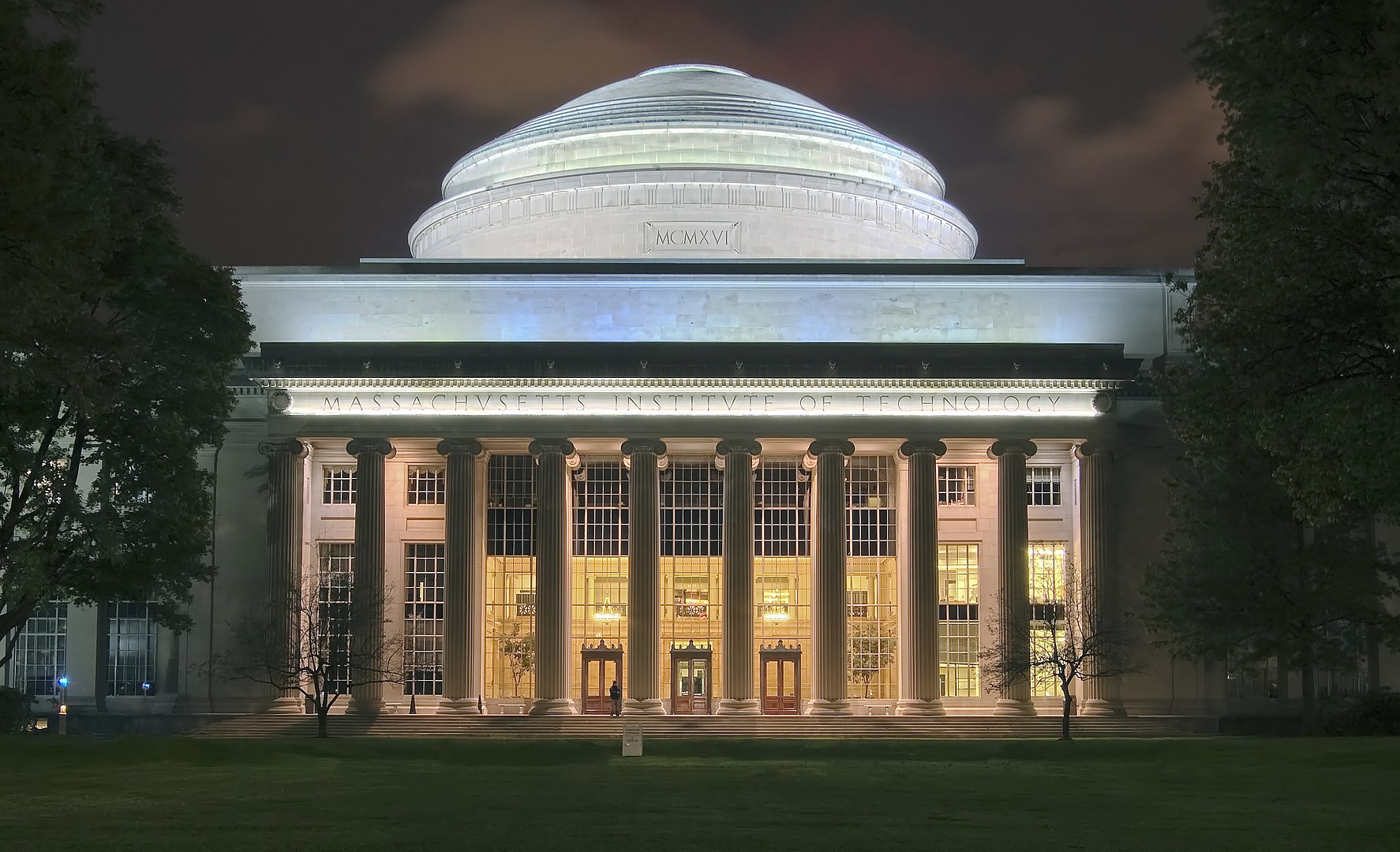The shift to electric vehicles (EVs) is picking up speed, driven by worries about environmental change and air contamination.
Adding fuel to this electric upheaval, President Joe Biden has laid out an aggressive objective for the US: half of all new vehicle deals ought to be electric by 2030.
EV Concerns

The lack of charging options, the short driving range, and the high prices cause concern. Gridlimit and battery creation impacts are additionally concerning for the general public.
Consumer Reports as of late found that electric vehicles have almost 80% more issues than internal combustion ones. EV proprietors most often detailed issues with batteries, charging frameworks, and build quality. These issues could influence buyer certainty.
California’s Initiative

California is a driving force in the change to electric vehicles. The state made the decision in August 2022 to prohibit the sale of new gas-powered automobiles by 2035. This major move means to battle environmental change by focusing on a significant contributor of air contamination.
The new rule, known as Advanced Clean Cars II, sets clear aims for car dealerships Zero-emission vehicles must make up 35% of all new cars and light trucks sold in 2026. By 2030, it increases to 68 percent, and by 2035, it is 100 percent.
Delaware’s Modest Proposal

Delaware joined the electric vehicle development in April 2023. After a public conference, the state finished guidelines to embrace California’s gas-powered vehicle boycott.
The initial requirement for EVs in 2027 is modest, so the plan starts small. It then increases, aiming for 80% of new vehicle deals to be electric or hybrid models by 2032. This slow methodology gives both vehicle sellers and purchasers time to adjust.
Washington’s Response

Washington embraced the electric future immediately. The state took on the Advanced Clean Cars II guidelines just after California passed its underlying regulation in August 2022.
Under the new approach, vehicle sales centers might have the option to sell new electric vehicles, plug-in hybrids, or hydrogen fuel cell vehicles after 2035.
Massachusetts Joins

Massachusetts was among the main states to commit to California’s Advanced Clean Cars II regulation. Any emissions policy enacted by California is automatically adopted by the state thanks to a trigger law.
While Massachusetts hasn’t totally prohibited gas-powered vehicles, it has laid out an aggressive objective to accomplish net-zero emisissions by 2050.
New York’s Ambitions

By 2035, gas-powered vehicles will no longer be sold in New York, making it the fourth state to take action. Governor Kathy Hochul took a firm stance on the issue when the law was passed in the summer of 2023.
She reported that all new passenger vehicles, pickup trucks, and SUVs sold in New York State should be zero-emission vehicles by 2035. The state’s arrangement adopts a gradual strategy.
Oregon’s Approach

Oregon moved forward as the fifth state to establish the Advanced Clean Cars II guidelines. By 2035, gas-powered vehicles will no longer be sold in Oregon, according to a decision made by the state’s Environmental Quality Commission in December 2022.
This choice lines up with Oregon’s well established obligation to environmental security. The state as of now includes north of 50,000 registered electric vehicles and plans to more than quadruple that number to at least 250,000 in the approaching year.
New Jersey’s Clear Goals

New Jersey was the 6th state to utilize Section 177 of the Clean Air Act to boycott internal combustion vehicle deals by 2035. The state has set clear achievements while heading to full electric vehicle use.
By 2027, New Jersey plans to have 43% of new light-duty vehicles registered as electric. This rate will consistently move until it comes to 100 percent by 2035.
Maryland’s Significant Increase

Maryland joined the electric vehicle initiative in March 2023, becoming the seventh state to boycott gas-powered vehicles. Governor Wes Moore reported the reception of the Advanced Clean Cars II guidelines, refering to public health as a key inspiration.
By 2035, the state intends to register at least 300,000 electric vehicles, significantly more than the current 81,000.
Rhode Island’s Increase

In May 2023, Rhode Island was the eighth state to utilize Section 177 of the Spotless Air Act to boycott internal combustion vehicles. The state put the Advanced Clean Cars II guidelines into impact, setting an evident course of events for the progress to zero-emission vehicles.
As per this guideline, all new vehicles sold in Rhode Island should be zero-emission vehicles by 2035. This includes fuel cell electric, fully electric, hybrid, and plug-in hybrid vehicles.
Remaining States

Vermont made a definitive move in November 2022 when officials endorsed changes to clean-vehicle prerequisites. Virginia’s emissions regulations should be separated, according to Republican legislators.
Connecticut at first considered joining different states in forbidding gas vehicle deals and taking on zero-outflow vehicles by 2035.
There are several other states which are considering issue a ban on gas-powered cars but are yet to take action including Maine, Pennsylvania and New Mexico.
